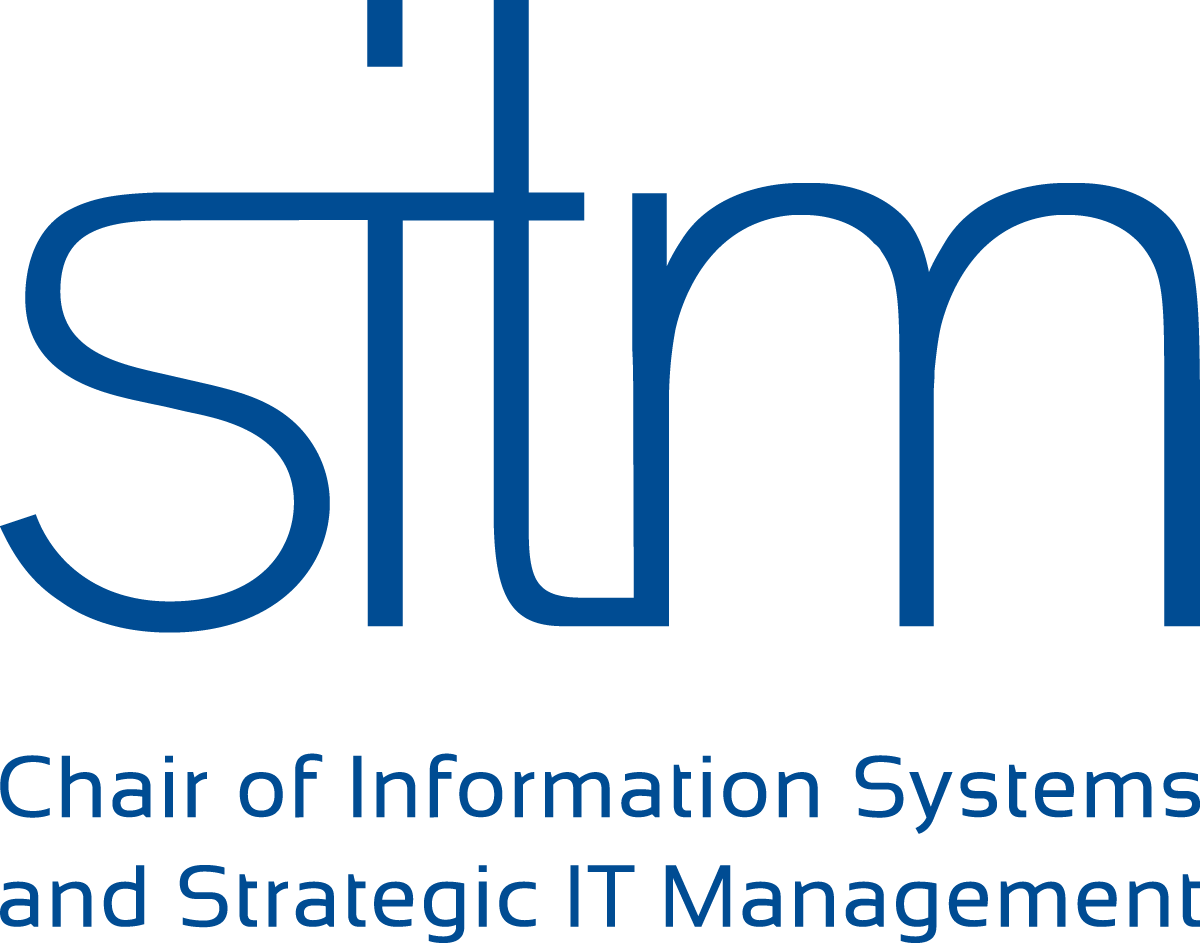Data Ecosystems
Data Ecosystems
In recent years, the environment in which organizations operate has evolved at a faster pace. To succeed in this environment, organizations must be constantly innovative (Tohidi & Jabbari, 2012). Therefore, organizations are increasingly moving to collaborate in inter-organizational networks and drive innovation processes (Rasch & Hain, 2017). One type of these networks are Data Ecosystems that are developing in due to the ever-increasing importance of data (Oliveira et al., 2019). In these ecosystems, participants consume, exchange, and produce data (Oliveira & Lóscio, 2018). The participation in Data Ecosystems may lead to an increased performance by the organization and a better interaction and communication with other participants (Oliveira et al., 2019). Therefore, a high level of trust between the different participants is needed (Gelhaar & Otto, 2020).
Nevertheless, there are still several barrier and challenges for organizations that prevent them from participating in a Data Ecosystems, nowadays. These include, for example, entry barriers like multi-lateral contracts and required memberships (Janssen et al., 2012). Moreover, data providers often have concerns about sharing their data with others (Gelhaar, Both, & Otto, 2021) and participants have a lack of resources and technological knowledge (Oliveira et al., 2019). Finally, the data quality is important for the success and usability of the Data Ecosystem (Haak et al., 2018).
Therefore, we focus in our research on factors that influence the participation of, and the success in, Data Ecosystem. These factors include, for example, data quality, governance mechanism and (disruptive) technologies.
Duration
2023 - present (ongoing)
References
Gelhaar, J., Both, J., & Otto, B. (2021). Requirements For Incentive Mechanisms In Industrial Data Ecosystems. In D. Herberger & M. Hübner (Chairs), Proceedings of the Conference on Production Systems and Logistics : CPSL 2021, Hannover
Gelhaar, J., & Otto, B. (2020). Challenges in the Emergence of Data Ecosystems. In Proceedings of the Twenty-Third Pacific Asia Conference on Information Systems, Dubai, UAE.
Haak, E., Ubacht, J., van den Homberg, M., Cunningham, S., & van den Walle, B. (2018). A framework for strengthening data ecosystems to serve humanitarian purposes. In Proceedings of the 19th Annual International Conference on Digital Government Research: Governance in the Data Age (pp. 1–9). ACM. doi.org/10.1145/3209281.3209326
Janssen, M, Charalabidis, Y., & Zuiderwijk, A. (2012). Benefits, Adoption Barriers and Myths of Open Data and Open Government. Information Systems Management, 29(4), 258–268. doi.org/10.1080/10580530.2012.716740
Oliveira, M. I. S., Barros Lima, Glória de Fátima, & Farias Lóscio, B. (2019). Investigations into Data Ecosystems: A systematic mapping study. Knowledge and Information Systems, 61(2), 589–630. doi.org/10.1007/s10115-018-1323-6
Oliveira, M. I. S., & Lóscio, B. F. (2018). What is a data ecosystem? In M. Janssen, S. A. Chun, V. Weerakkody, A. Zuiderwijk, & C. C. Hinnant (Eds.), Proceedings of the 19th Annual International Conference on Digital Government Research: Governance in the Data Age (pp. 1–9). ACM. doi.org/10.1145/3209281.320933
Rasch, A. R., & Hain, D. S. (2017). Rethinking Interorganizational Collaboration: The Impact of Prejudice on Group Creativity in Ideation
Tohidi, H., & Jabbari, M. M. (2012). Innovation as a Success Key for Organizations. Procedia Technology, 1, 560–564. doi.org/10.1016/j.protcy.2012.02.122



